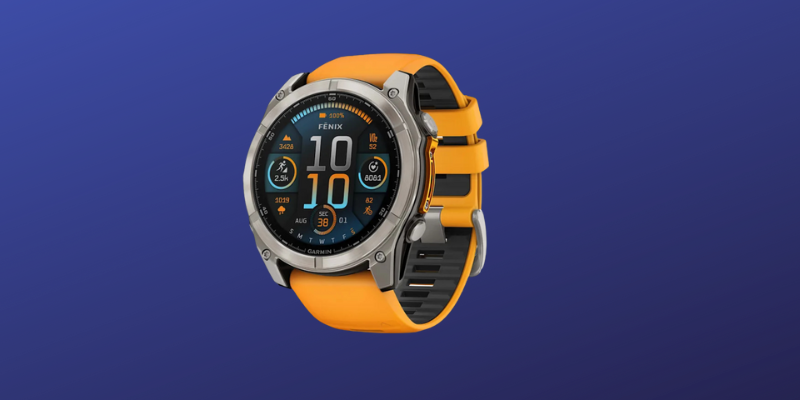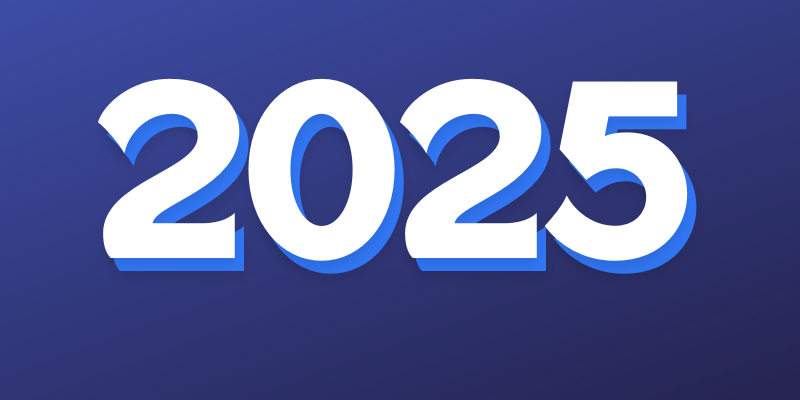The Runner's Running Programme

Running has an illustrious history beginning with the first humans who used it as a form of transport and survival - in fact, it is one of our oldest instincts. Today, running is still popular for many reasons, especially for its endless health benefits. Running is an excellent source of exercise and can help to reduce stress, increase cardiovascular endurance and flexibility, improve mood and concentration levels, and even help with weight loss as it burns a lot of calories (kcal). Whether you have a lot of experience or are just taking the first steps towards a healthier lifestyle; this guide is designed to give you the tools needed to become a successful runner!
Diet
When it comes to properly planning exercise and wellness, diet plays a crucial role. Calories and fat are the most important components of any diet, and the right balance of both is crucial to achieving an effective programme. One of the many pitfalls for beginners is to overdo it and not take into account their daily calorie needs. Health experts agree that reducing the number of high-calorie or high-fat foods can help improve overall health, reduce certain risks associated with certain health conditions, increase energy levels and help maintain or even lose unwanted pounds. But that doesn't mean you should ignore your daily calorie needs, as the key to maintaining a new lifestyle is balance and, above all, energy. In addition, you should also take into account that protein is needed to build muscle mass and therefore should not be eliminated. Moreover, another important aspect of dieting is eating whole foods - such as fruits and vegetables - which often contain fewer calories and less fat than the highly processed foods consumed in a typical Western diet. Eating more plant-based foods not only helps you reach your calorie and fat goals, but also provides you with important macro levels needed for body function and growth. Therefore, when trying to reach your desired fitness or wellness goal, having an understanding of how different diets can affect the body can help you on the road to success.
Exercise
If your goal is to adopt a more active lifestyle, you need to start where you want to. There are many forms and ways to exercise - cycling, weight training, rowing, sports, running - and they all have different activity levels and calorie burn rates, so the one you like is the right one for you. However, this article focuses on running, so...
Running
Running is a great way to burn a lot of calories and fat, whether you are a beginner or an experienced athlete. The amount of calories burned depends on many factors, including how long and how intensely you run. It's also great because it can be done almost anywhere and doesn't require much equipment. It's also a very basic physical activity that can suit everyone, from people with sedentary jobs to people who spend all day on their feet. A good rule of thumb when it comes to exercise is that you get out what you put in, which means...
Fast pace means more fat burned
It's no surprise that the higher the intensity of your exercise, the more calories you burn, which can make a big difference. More running, more calories. But of course, this is easier said than done and is more something you need to step up to - not start doing.As with dieting, the key to maintaining a healthy lifestyle - a lifestyle where a well-functioning form of exercise is built into everyday life - is balance. So before you start high-intensity physical activity, start small and get yourself and your body used to burning calories as you increase the intensity. There are several different activities that you can start with moderate intensity and moderate pace so that you don't burn out or lose interest. For example, your body burns calories with a brisk walk. There are also other everyday activities you can do to increase your stamina and calorie burn, such as taking the stairs instead of the lift and walking to work or the shop instead of driving.
But when you're ready to take the next step, it's time to start running!
Running is arguably the ultimate form of exercise when it comes to burning a lot of calories, and it can be broken down into numbers. For example, if you weigh about 70kg and run at a pace of 8 minutes for an hour, according to the American Council on Exercise, you will have burned a total of about 705 calories - 141 of them from fat. In younger runners who are in good shape, these numbers may be a little higher; at the other end of the spectrum, more mature individuals may see slightly lower calorie-burning totals but still reap a significant amount of health benefits from regular physical activity. In any case, taking up running can be beneficial to your overall well-being, as it allows the body to maintain muscle mass while burning off unwanted calories and fat deposits. However, there are also different types of running that produce different results, such as...
Interval running
Interval training is a good running technique that involves alternating between periods of hard work and rest. It can involve running at an intense speed for a set period of time and then taking a rest period to recover. This type of regime provides a number of benefits for runners, one of the main ones being an increased ability to burn a higher number of calories in a shorter period of time. In addition, interval training has been shown to improve oxygen uptake, increase endurance on long runs, reduce exercise-related boredom, and may even be slightly easier for beginners than longer runs. Interval training is ideal for those looking for a way to challenge themselves with their running programme - it can provide faster results when done correctly, such as shorter finish times at races or better overall performance. However, for those not interested in high-intensity training, there is always...
Long-distance running
Long-distance running has a host of health and endurance benefits that make it an attractive exercise for many people. For starters, it's a form of cardio exercise that can help the body build stamina, strengthen the heart and reduce stress, all while burning lots of calories. It's also a great way to improve your mental wellbeing, and research shows that it can reduce feelings of depression and anxiety. And because it requires no equipment other than comfortable running shoes, long-distance running is relatively easy to get started, no matter what your budget is. If you are new to long-distance running, you can start with short runs in your neighbourhood or on available jogging tracks until you feel ready to increase the distance. You can also seek motivational support from other runners by joining running clubs or by connecting through online forums. Strengthen your body and mind even more by being inspired by experienced marathon runners. Now that we've discussed the reasons for running, the importance of diet and the different types of running you can do - let's move on to something else that's important, namely...
Tracking your progress
It's important to pay attention to calories burned, supplements, breathing, body weight and body fat - but motivation comes from progress, and progress is measurable and trackable. It can feel pointless to run, sweat and be active without being aware of (and regularly reminded of) your good results. Fortunately, thanks to modern technology, you can track all your progress from your wrist using a...
Smartwatch
With a smartwatch on your wrist, you can calculate the number of calories you burn, calculate your calorie intake each day and count the number of steps you have taken. Your smartwatch can also be customised to accommodate your preferred form of exercise and connect wirelessly to your smartphone, where multiple fitness apps can help you plan routes, running plans, exercise intensity and calorie consumption. A smartwatch is a fitness enthusiast's best friend, regardless of level or experience. You should never let your equipment stop you, and you should never let the lack of equipment be an excuse. If you don't have running shoes, you can run in your regular shoes or go for a long walk. If you don't have shorts, you can make shorts out of a pair of jeans and go for a workout in them. And not having a smartwatch to track your workout and you can know how many calories you burn shouldn't discourage you from going out - but it can definitely help you. If you're looking for the perfect wristband for your smartwatch, you can find wristbands for the Apple Watch, your Garmin watch or browse our universal watch bands.
Summary
Ask yourself (and be honest) - what is your health goal? Is it to eat fewer calories? Is it to increase the amount of calories you burn? Is it to build big muscles or maybe just to try different activities? The truth is that there is no right or wrong answer. We all do it (or don't do it) for different reasons. Some do it to improve mental health, others do it to lose weight. Some even do it because it increases the amount of time they spend outdoors each day. But if we take a step away from all the focus on weight loss and calories you burn, there's a deeper aspect to be found here. And it's about what you're willing to do for yourself, what goals you can set and achieve, and what preconceived limitations you can push yourself through. Because above all - it's a powerful feeling. The feeling of believing in yourself.










Leave a comment